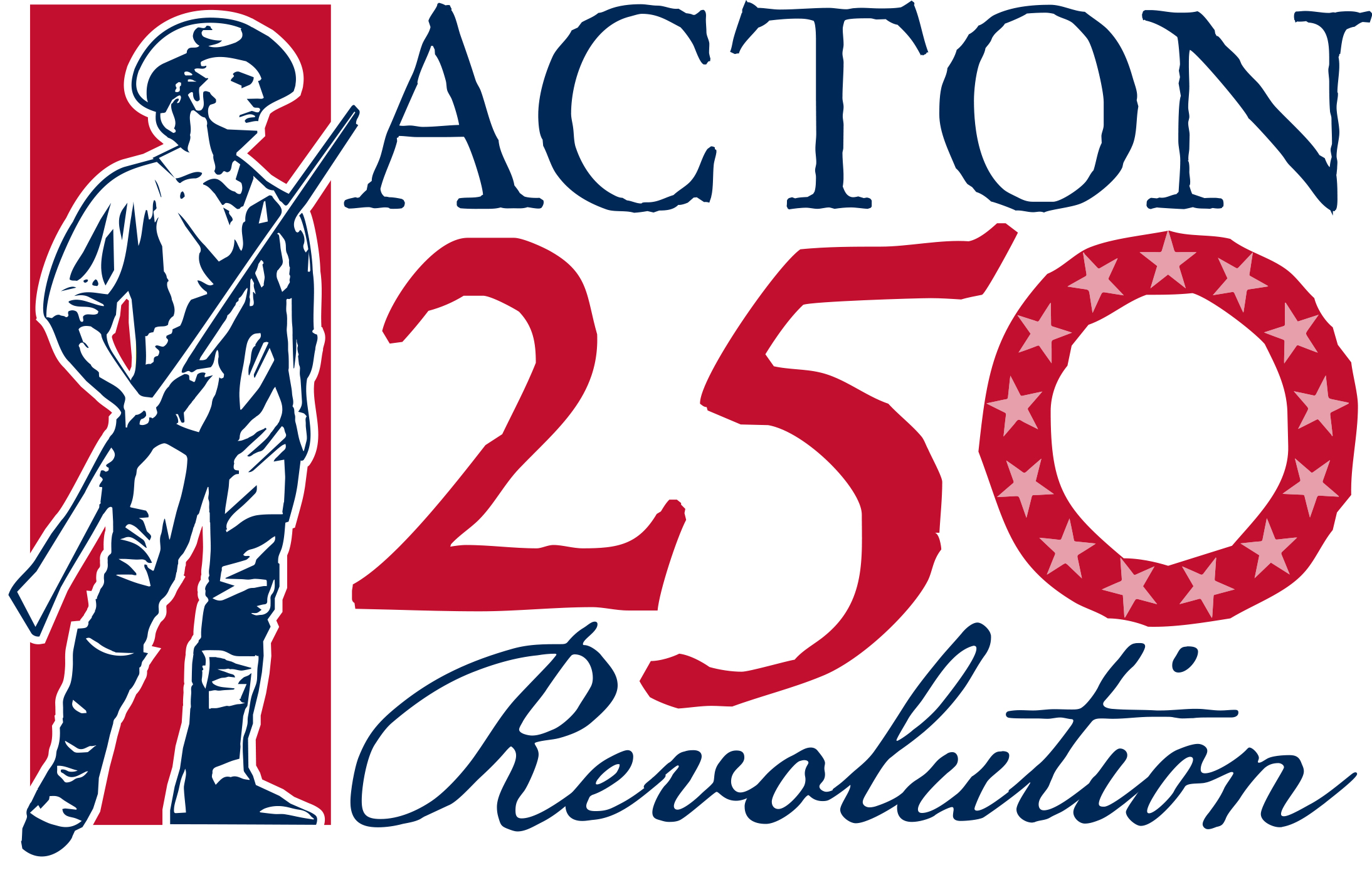Find Out What’s Happening in the
Heritage Area
GREAT MEADOWS NATIONAL WILDLIFE REFUGE, CONCORD, MA

- This event has passed.
Countdown to April 19th, 1775: The Gathering Storm
April 2, 2024 @ 7:00 pm - 8:30 pm
Free
 Noted historian and author J. L. Bell will be speaking on Tuesday, April 2 at 7:00 PM in Room 204, Acton Town Hall, 472 Main Street, Acton, MA. Please register for the talk at: http://tinyurl.com/APR–02–Bell, or use the QR code to the right. Remote Participation: You can participate in the Q&A using ZOOM http://tinyurl.com/Acton250-ZOOM or watch live at Acton TV http://tinyurl.com/Acton-TV.
Noted historian and author J. L. Bell will be speaking on Tuesday, April 2 at 7:00 PM in Room 204, Acton Town Hall, 472 Main Street, Acton, MA. Please register for the talk at: http://tinyurl.com/APR–02–Bell, or use the QR code to the right. Remote Participation: You can participate in the Q&A using ZOOM http://tinyurl.com/Acton250-ZOOM or watch live at Acton TV http://tinyurl.com/Acton-TV.
Context: As the year 1774 began, Massachusetts politicians worried about how the royal government in London would respond to the Boston Tea Party. The force of that reaction became clear in the return of troops to Boston, the Coerc ive Acts, and the Massachusetts Government Act. In late summer the province’s people rebelled by shutting down government functions in rural counties, seizing weapons in ports, and electing their own legislature. The engine of that resistance was a little-understood institution: the colonial militia. By fall, it was clear that the new royal governor had no leverage outside Boston. This talk traces the end of British power in most of Massachusetts even before the war began.
 J. L. Bell has explored the end of British royal government in Massachusetts by following the contest for artillery pieces in his acclaimed book, The Road to Concord: How Four Stolen Cannon Ignited the Revolutionary War. He also maintains the Boston 1775 blog, which offers daily helpings of history, analysis, and unabashed gossip about Revolutionary New England.
J. L. Bell has explored the end of British royal government in Massachusetts by following the contest for artillery pieces in his acclaimed book, The Road to Concord: How Four Stolen Cannon Ignited the Revolutionary War. He also maintains the Boston 1775 blog, which offers daily helpings of history, analysis, and unabashed gossip about Revolutionary New England.
We will post a recording shortly after on the Acton 250 website. This is the fourth lecture in a series commissioned by the Acton 250 Committee. Please visit the Acton 250 website https://www.actonma.gov/250 for all event programming. Please consider supporting programming at our commemorative memorabilia site at http://tinyurl.com/Acton-250-Commemorative.
Generously supported by the Acton Lions Club.
Details
- Date:
- April 2, 2024
- Time:
-
7:00 pm - 8:30 pm
- Cost:
- Free
- Event Categories:
- Revolutionary Stories, Talks
- Tags:
- Free, Virtual
- Website:
- http://tinyurl.com/APR-02-Bell
Organizer
Venue
- Acton Town Hall
-
472 Main Street
Acton, MA 01720 United States + Google Map
Related Events
-
The Road Where It Happened: Revolution Comes to Menotomy
05.3.25 @ 10:00 am - 4:00 pm|Recurring Event (See all)An event every week that begins at 10:00 am on Tuesday and Saturday, repeating until May 31, 2025



